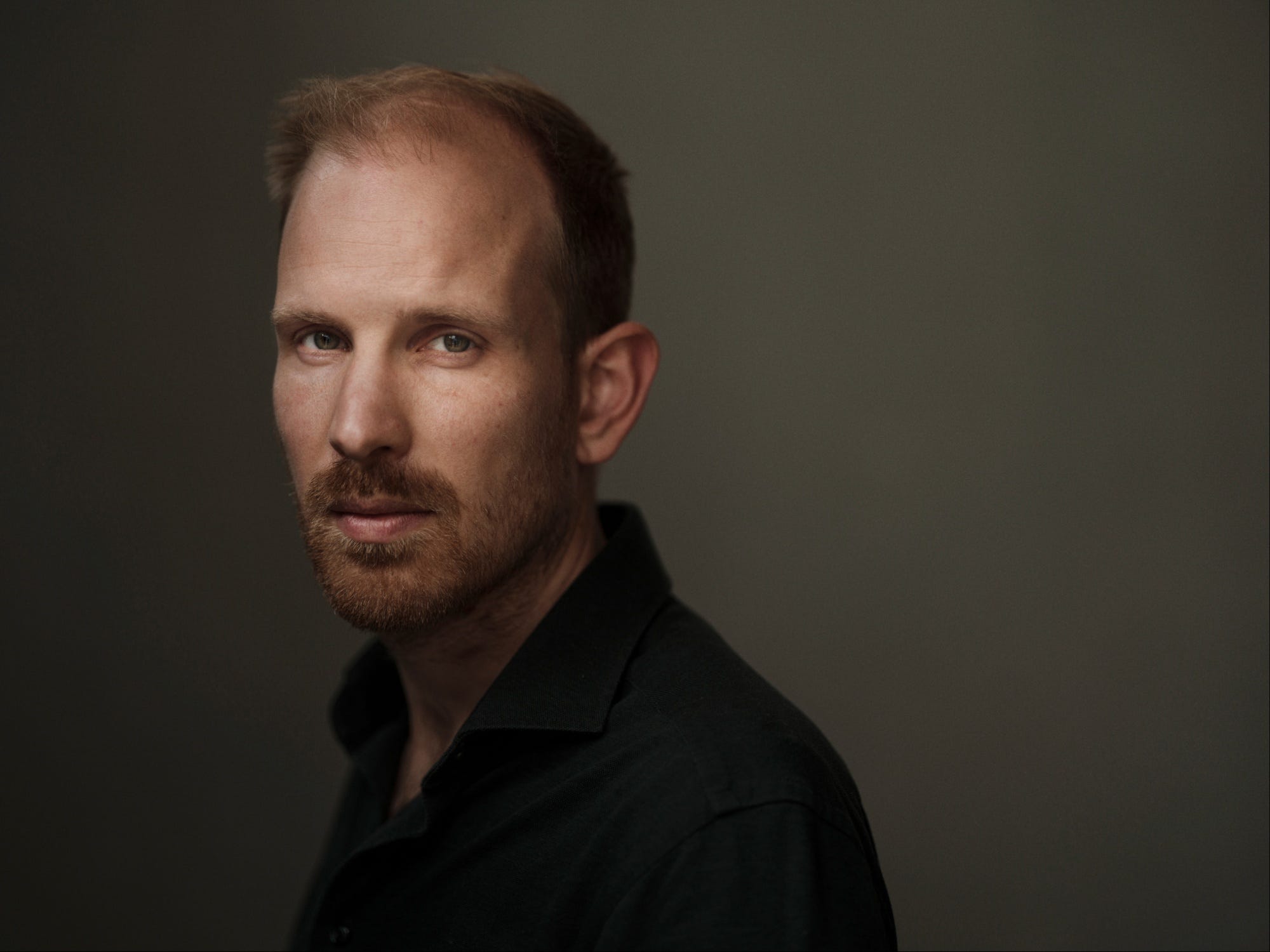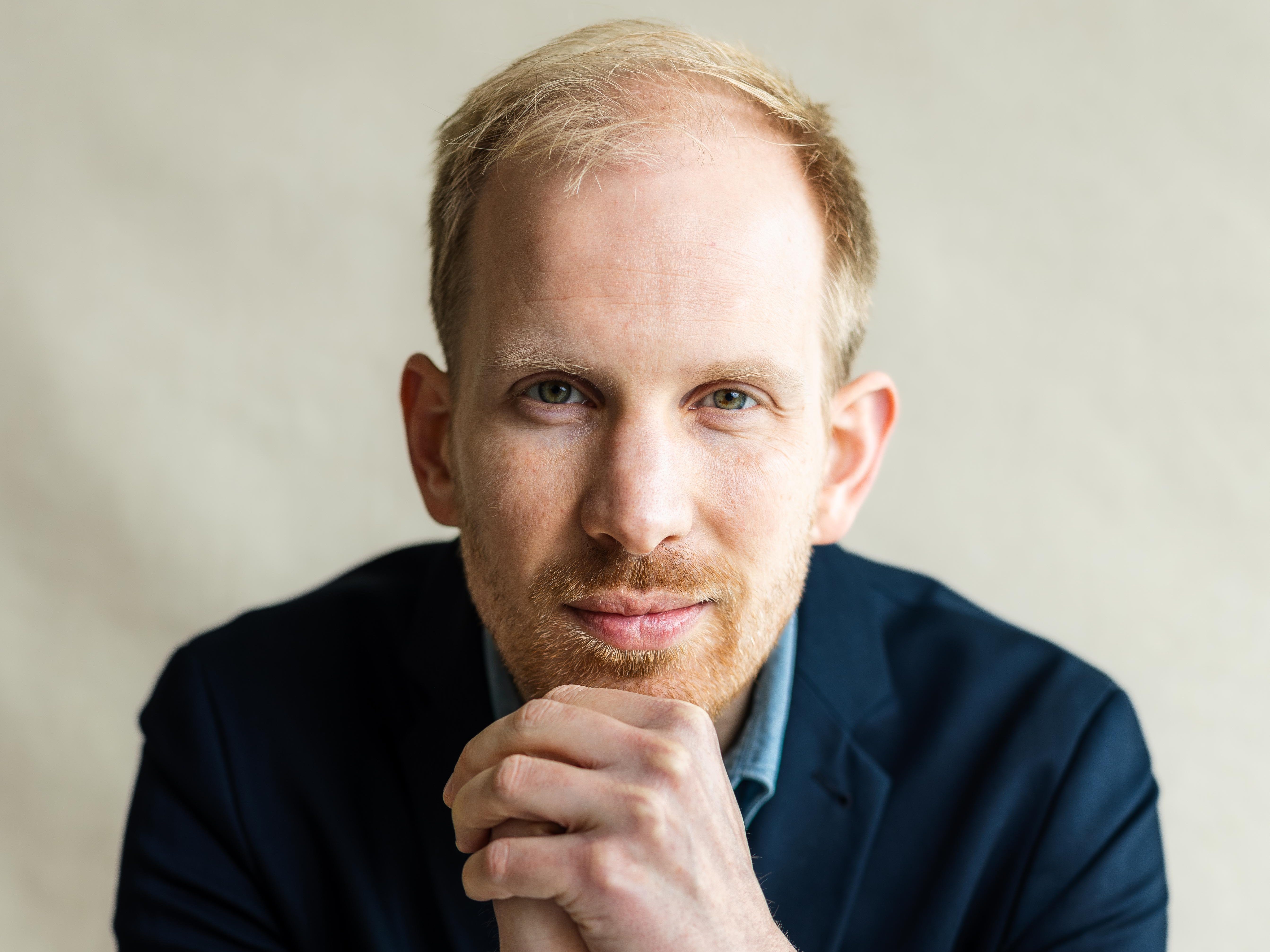
Frank Ruiter
“It’s an extraordinary waste of talent.” That’s what Rutger Bregman has to say about smart graduates from top universities going into careers in consulting and finance.
“In a rational society, you would expect that if you go to a jobs fair at these elite institutions where the best and brightest go, you would have one stand about preventing the next pandemic, a stand about curing malaria once and for all, and a stand about abolishing extreme poverty,” he told Business Insider.
“But instead, what we have is Goldman Sachs, McKinsey, and Kirkland & Ellis. What the fuck is going on here?”
Bregman, a historian from the Netherlands, is the author of “Moral Ambition: Stop Wasting Your Talent and Start Making a Difference.” In the new book, he argues that too many people go into “socially useless” professions and thus feel their chosen careers are pointless.
Many even realize this before making their decision, but don’t know what else to do, he said.
“Most of them are very well-meaning and deeply care about the state of the world. They want to do better, but then somehow they get sucked into this Bermuda triangle of talent.”
Many grads are spiritually lost
Bregman’s previous books, “Humankind” in 2020 and “Utopia for Realists” published three years earlier, were both New York Times best-sellers. His works have sold more than 2 million copies.
Throughout Bregman’s career, he has spoken and written about how the most damaging jobs to society — big tobacco, for example — tend to be the best paid. Not all consultants and bankers necessarily fall into this category, he said, but having so many of them is a problem.
“It’s not all totally destructive or anything like that,” he said. “But compared to what these people could do, if they would take on some of the biggest challenges, the opportunity costs are massive.”
Some people are “just a little bit shallow and boring” and “care deeply about owning many cars or owning a big house or having the corner office,” Bregman said. “You probably can’t help those people.”
But for many, money isn’t the most important goal of choosing the consulting and finance route. A huge motivation is “preserving your optionality,” Bregman said, because “many of these people are just terrified of the future.”

Maartje ter Horst
“Many of these kids are spiritually a little bit lost,” Bregman said. “They don’t really know what to do with their lives. McKinsey is very good at tapping into that.”
He said big companies offer them a continuation of what they were already doing, which is the “logical next step.”
“They were going from the best primary school to the best high school, and then always doing the honors classes at university, getting the best grades,” Bregman said. “It’s a way of postponing the real decisions, postponing actually becoming an adult, and that’s very attractive if you are an insecure overachiever who has no idea what the hell to do with your life.”
Champions League for do-gooders
Working in finance can also be intellectually challenging, which attracts people who like solving puzzles. Bregman said there needs to be more options in morally ambitious fields.
“Many of these kids, they just want to play in the Champions League,” he said, in reference to the European top-flight soccer competition. “What I think we’ve got to do is to create the Champions League and the Olympics for do-gooders.”
Some options for morally ambitious people include entering large-scale research and innovation fields and focusing on solving some of humanity’s biggest problems, like hunger and the climate crisis. Bregman said it’s not about following your passion, but figuring out “where your impact can be greatest.”
“The right path depends on the challenge you’re tackling. Some problems need cutting-edge research and innovation, others demand activism, lobbying, or bold entrepreneurship,” he said. “Whether you’re working to end hunger, fight climate collapse, reduce factory farming, or stop tax avoidance by the superrich — what matters is that you go where you’re needed most.”
Bregman hopes to inspire people who feel stuck to break out of going through the motions with the School for Moral Ambition, which he cofounded.
“We want to help as many people as possible devote their careers in their lives to some of the most pressing issues that we face as a species,” Bregman said.
“When you study these moral pioneers of the past, it’s not that they were good people and then started doing good things,” he added. “It’s the other way around, really. They started doing good things often because they were asked, and then they became good people, which is a very important difference.”
Bregman likens it to Gandalf knocking on Frodo’s door in “The Lord of the Rings.” Frodo wasn’t passionate about going on a long journey and risking his life, Bregman said. But Gandalf’s perspective changed him as a person.
“Frodo was really passionate about gardening and having a really relaxed life full of second breakfasts,” he said. “But when the old wise wizard explained everything, he was like, yeah, that’s probably quite important.”
Bregman jokingly advises those who feel like they want to do something more to start their own “cult.”
“If you want to be a really ambitious idealist, it’s quite hard nowadays because you’re often swimming in a sea of cynicism,” Bregman said. “What you need then is to surround yourself by other ambitious idealists, because then you’ll be like, Hey, I’m not alone.”
Ambition, he said, is energy, and what really matters is “how it’s used, and how it’s channeled.”
“Find yourself some wise old wizard, a Gandalf who has a really good idea about what you should do with your life,” Bregman said. “Then listen and do it.”
The post This author wants to stop smart graduates getting sucked into finance and consulting jobs — the ‘Bermuda Triangle of talent’ appeared first on Business Insider.




